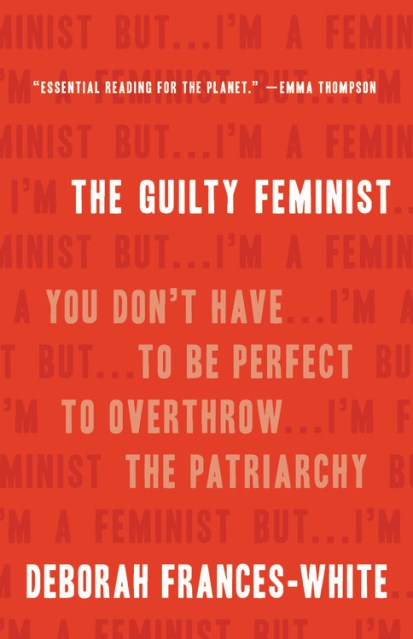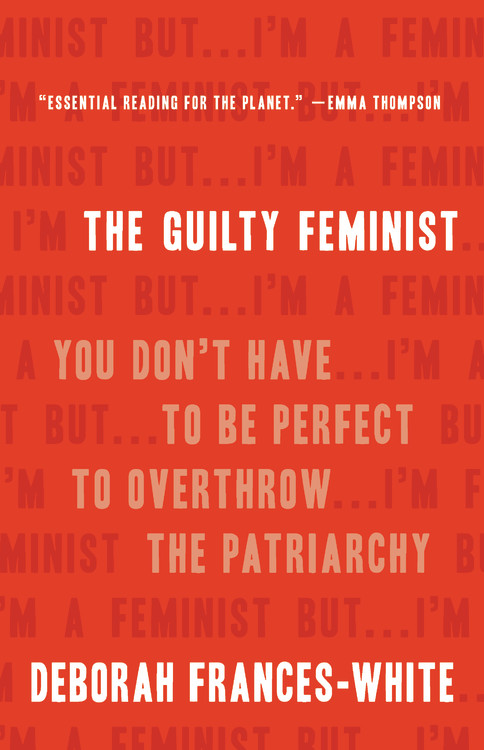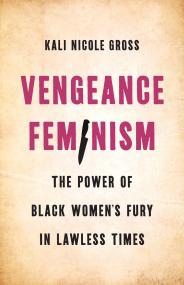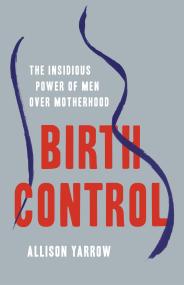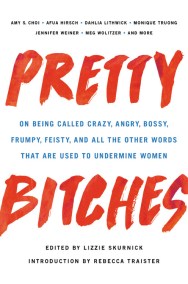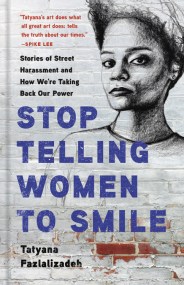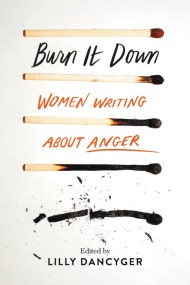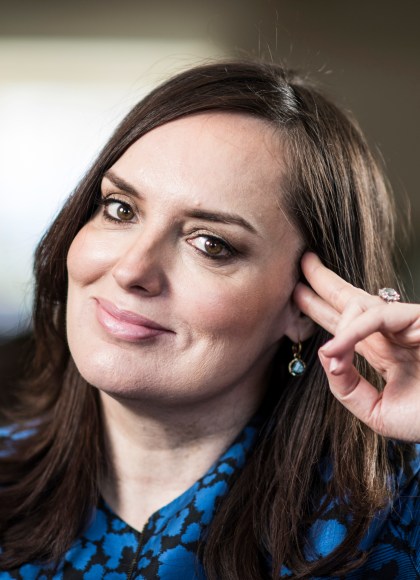By clicking “Accept,” you agree to the use of cookies and similar technologies on your device as set forth in our Cookie Policy and our Privacy Policy. Please note that certain cookies are essential for this website to function properly and do not require user consent to be deployed.
The Guilty Feminist
You Don't Have to Be Perfect to Overthrow the Patriarchy
Contributors
Formats and Prices
- On Sale
- Dec 31, 2019
- Page Count
- 320 pages
- Publisher
- Seal Press
- ISBN-13
- 9781580059541
Price
$28.00Price
$35.00 CADFormat
Format:
- Hardcover $28.00 $35.00 CAD
- ebook $16.99 $21.99 CAD
- Audiobook Download (Unabridged)
This item is a preorder. Your payment method will be charged immediately, and the product is expected to ship on or around December 31, 2019. This date is subject to change due to shipping delays beyond our control.
Buy from Other Retailers:
A witty take on feminism for every woman who wants equality but sometimes wants a day off from fighting for it
Sometimes we feel a bit like “I’m a feminist, but…” As in, “I’m a feminist, but I skipped the Women’s March to buy face cream.” As in, “I’m a feminist, but I’ve never found time to read Sylvia Plath (but I have watched fifteen seasons of Keeping Up with the Kardashians).”
In The Guilty Feminist, Deborah Frances-White reassures us that we don’t have to be perfect to be a force for meaningful change. Exploring big issues of identity, equality, intersectionality, and the current feminist agenda, she explodes the myth of the model activist and offers a realistic path toward changing the world.
-
"This really is the 'everything you have always wanted to know about feminism but were afraid to ask' manual. Essential reading for the planet."Emma Thompson
-
"Hilarious, irreverent, eternally surprising, classy as hell, genius."Phoebe Waller-Bridge, creator and star of Fleabag
-
"Tackles issues from democracy to sexuality to porn with a lightness and hilarity that makes even the newly ordained feminist feel at home."Scarlett Curtis, author of Feminists Don't Wear Pink and Other Lies
-
"Her 'Open Letter from the Gentlemen of Hollywood,' a riposte to the Weinstein saga, is worth the cover price alone."Sunday Times
-
"A passionate, funny, fresh, thought-provoking read, as engaging as it's informative."Guardian
-
"This high-energy book reminds readers about the origins of feminism and how important it is for women to support each other."Booklist
-
"A witty book full of insights, opinions, and good advice."Kirkus
-
"With a distinct, lively, and consistently hilarious delivery, Frances-White upends common misconceptions-feminists, she assures readers, can love lipstick and men-and encourages readers to do "what you can, when you can" to end oppressive power structures. Feminists of any stripe will be moved by this rousing, funny, highly appreciative exhortation to 'smash the patriarchy like a strong, green, healthy plant breaking through the foundations of an old house.'"Publishers Weekly
Newsletter Signup
By clicking ‘Sign Up,’ I acknowledge that I have read and agree to Hachette Book Group’s Privacy Policy and Terms of Use
